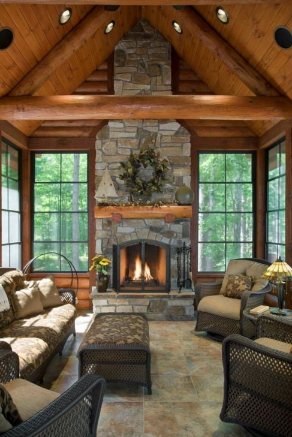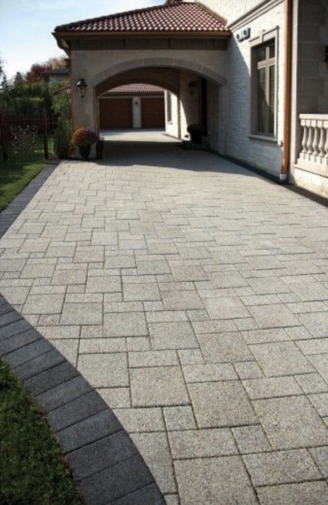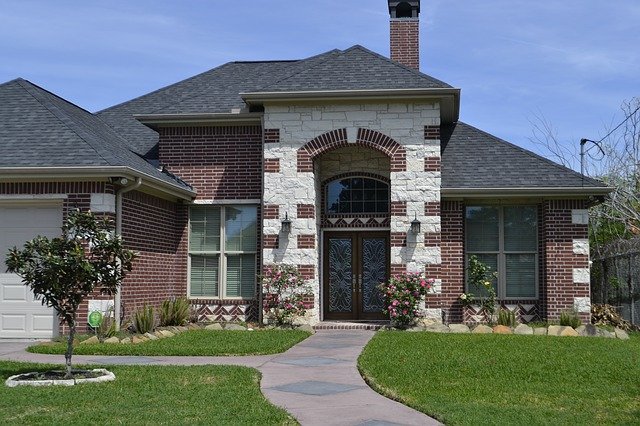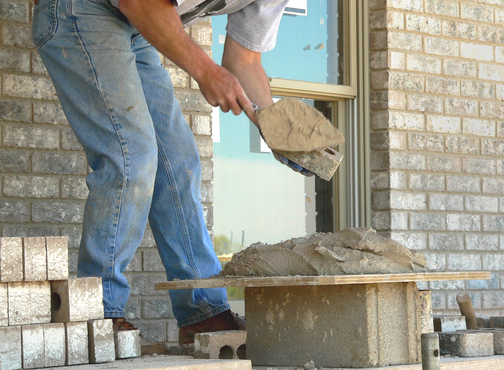
Brick Siding
Veneer Contractor
Depending on the extent of damage, a brick crown repair can cost anywhere from $350 up to $3,000 Repairs that are less expensive include filling cracks or replacing pieces. If the work is very damaged or missing, it may need to be completely replaced. If you are only replacing one brick, crown repair costs will be less. Crown repair costs vary depending on the type of material, the cost of construction, the work involved, and how much it takes to fix the crown.
Hire a masonry contractor to save money on your brick chimney. The majority of homeowners do not have time to assess the brickwork structure in their chimney. Even if they know the condition of their chimney, there may still be questions. This mismatch can make homeowners feel anxious and leave them open to being scammed by contractors. A masonry contractor has the ability to repair or build chimneys using the right tiling. They also have the skills to do long-lasting repairs. These contractors are well-versed in the various types of masonry. They can produce a finished product that protects your chimney better than the "Do It Yourself". Masonry contractors are also skilled in cleaning and protecting your chimney's exterior.
Although a masonry contractor may be able to build or repair a home, they are not required to be hired. Many homeowners try to fix masonry problems themselves. But many things go wrong for reasons not immediately obvious. These issues could lead to the need of complete replacement. For safety reasons, it is a good idea to contact a masonry contractor. Here are some common errors homeowners make.
We use the latest techniques and equipment to install and repair your chimney walls and roof, safely and effectively. If you're interested in finding out more, please don't hesitate to contact us today. We would be happy to answer any questions you have!



